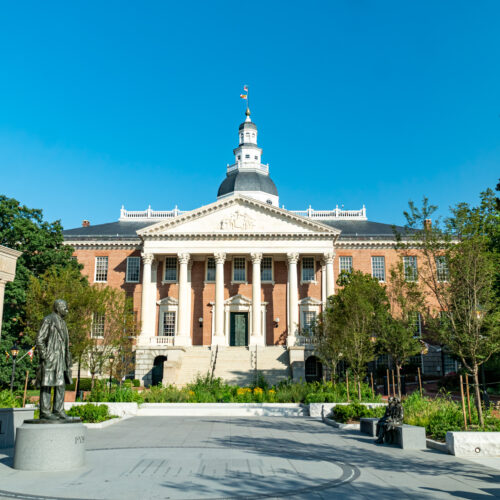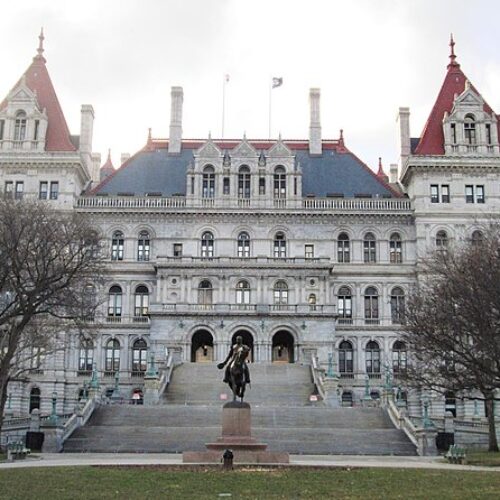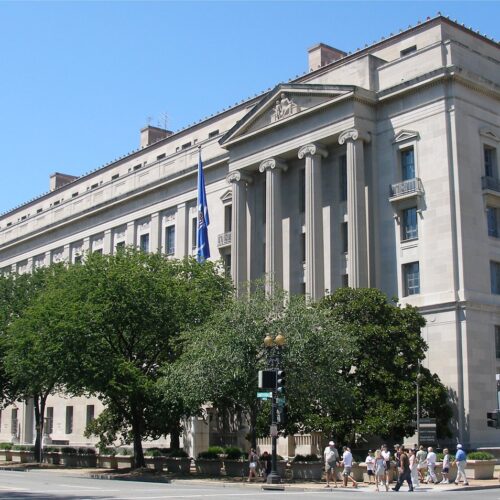Maryland Supreme Court orders attorneys at bail hearings

Pleading the Sixth: On September 25, 2013, the Maryland Supreme Court reaffirmed its earlier holding that the right to counsel applies to all bail hearings before a commissioner. In effect, this undoes legislative attempts – created in the wake of an earlier ruling – to hold down indigent defense costs by only providing counsel at bail review hearings.
“A defendant’s actual incarceration in a jail, as a result of a proceeding at which he was unrepresented by counsel and did not knowingly and intelligently waive the right to counsel, is fundamentally unfair,” announced the Maryland Supreme Court on September 25, 2013, in a reconsideration of their opinion in the case of DeWolfe v. Richmond originally issued in January 2012, granting counsel at bail hearings.
The plaintiffs requested the reconsideration because the January 2012 opinion was based solely on existing state statutes (thus state or federal constitutional issues did not need to be addressed), and the state legislature scrambled in the immediate aftermath to amend the State Public Defender Act in order to stave off all of the increased associated costs. Though they could have simply amended the State Public Defender statute to remove, in all or in parts, the sections the court relied upon in its ruling, it would have simply invited further litigation on state and federal constitutional grounds. Instead, the legislature amended the State Public Defender Act to require representation at bail hearings before a judge, but not at the initial appearance before a lower court commissioner. Even this attempt at compromise increased the public defender budget by approximately $6.3 million to hire 68 new employees (including 34 lawyers).
The Maryland Supreme Court was not impressed and reaffirmed its position that attorneys must be provided to the indigent accused at all bail hearings, this time ruling on state constitutional grounds. “As a matter of Maryland constitutional law,” the Court stated, “where there is a violation of certain procedural constitutional rights of the defendant at an initial proceeding, including the right to counsel, the violation is not cured by granting the right at a subsequent appeal or review proceeding.” Citing an earlier decision regarding the necessity of attorneys in civil contempt proceedings, the Court concluded, “it is the fact of incarceration, and not the label placed upon the proceeding, which requires the appointment of counsel for indigents… the deprivation of liberty is itself a ‘special circumstance’ requiring the assistance of counsel.”
The impact of the decision on the public defender system in Maryland is potentially enormous. In an interview with the 6AC, Paul DeWolfe, State Public Defender for Maryland, explained that there are approximately 177,000 initial appearances annually in the state before a commissioner. These hearings occur in 41 different locations, 24 hours per day, seven days per week. He estimates that it will take his staff an additional 500,000 hours per year to fulfill the dictates of the decision. This means the State Public Defender would need 240 additional attorneys (and sixty support staff).
No matter the cost, this is the right to counsel as defined by case law and the Maryland legislature must provide for it.


